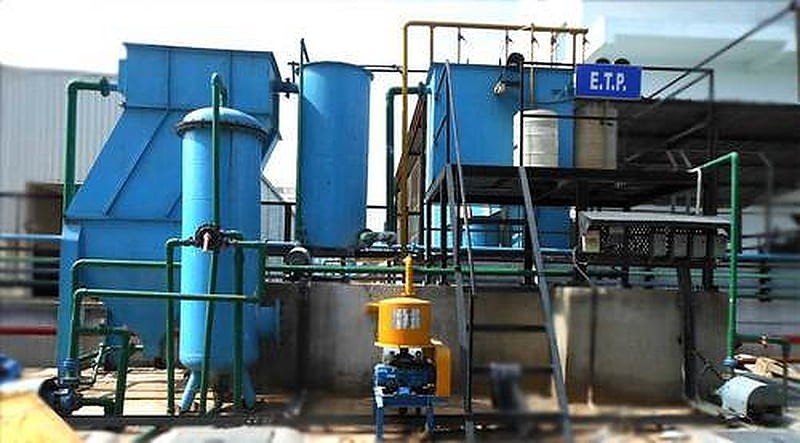Effluent Treatment Plants (ETPs) are designed to clean industrial effluents and contaminated water from sources like rivers and lakes, enabling the water to be reused for various purposes. By treating water effectively, these plants help eliminate contaminants, making the water safe for reuse and ensuring its sustainability.
ETPs play a crucial role in industries such as pharmaceuticals, textiles, tanneries, and chemicals, where the risk of severe water contamination is high. The treatment process and approach may vary depending on the specific requirements of each industry, but the ultimate goal remains the same: to remove pollutants and transform wastewater into reusable water.
Key Benefits
- Pollution Control: Prevents the release of untreated wastewater back into the environment, protecting natural water bodies.
- Water Reusability: Treats contaminated water, making it fit for industrial reuse or safe for discharge.
- Environmental Sustainability: Supports industries in adhering to environmental regulations and reducing their ecological footprint.
Without effluent treatment, contaminated industrial water would pose severe risks to human health, the environment, and water availability. These plants ensure that treated water can be safely returned to nature or utilized for non-potable purposes, supporting a sustainable water cycle.




